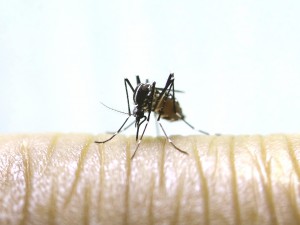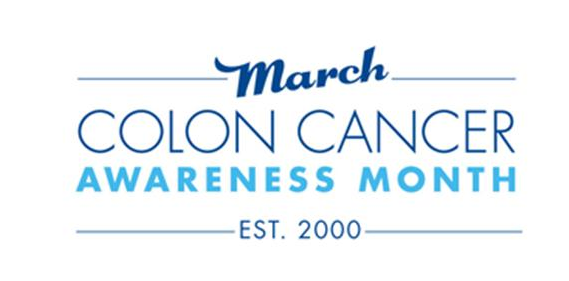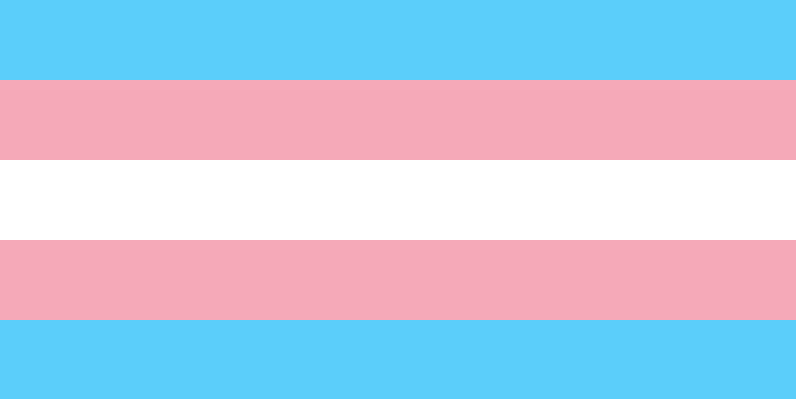Last Updated on February 7, 2020
A mosquito-borne virus has become a growing concern for Americans and people throughout the world. The Zika virus can affect anyone for up to a week and present with fever, rash, joint pain, red eyes, and other symptoms. However 80% of people afflicted with the virus have no symptoms at all.
Zika virus is especially dangerous to pregnant women because it has been associated with babies being born with microcephaly, a neurodevelopmental disorder where the brain does not fully develop and presents with a disproportionately small head. The World Health Organization (WHO) has deemed it a “global health threat.” This week, the Centers for Disease Control and Prevention (CDC)’s Emergency Operations Center moved to Level 1, the highest level, due to risk of Zika virus transmission in the US.

The most recent Zika virus outbreak began in Brazil in 2015 and is transmitted through Aedes mosquitos. There is no vaccine to prevent or protect people from the virus, and treatment is typical for the flu: plenty of rest, fluids, and fever/pain relievers as needed. Once diagnosed, it is necessary to further avoid mosquito bites as bites can transmit the virus to other people. The best way to avoid mosquito bites is long-sleeved clothing when outdoors and applying mosquito repellent. Consumer Reports has released ratings of sprays that protect best against Aedes mosquitos.
The CDC reports that no cases of Zika have been transmitted by mosquito bites in the continental United States, but cases have been diagnosed in Americans returning from traveling abroad. One confirmed case of Zika transmission through sexual contact has been reported in the US. The CDC has issued travel advisories for much of South and Central America including Brazil and Mexico, the Pacific Islands, Cape Verde in Africa, and other tropical areas. One should exercise an abundance of caution when traveling to these areas, as well as southern or near-tropical US.
The growing concern may even have ramifications for athletes competing in the 2016 Olympic Games in Rio de Janeiro, with American competitors being told to consider not going if they have any apprehensions about exposure to the Zika virus and Kenya warning their athletes may pull out altogether.
With no vaccine or specific treatment for the Zika virus, prevention is important. The mosquitos that carry Zika often spread dengue and chikungunya as well. If you have recently traveled to an area experiencing an outbreak and are exhibiting symptoms, or have had relations with someone who has, seek out your healthcare provider. If you are having trouble affording a doctor’s visit NeedyMeds has a database of free, low-cost, or sliding scale clinics. Search your zip code to find a location near you.





